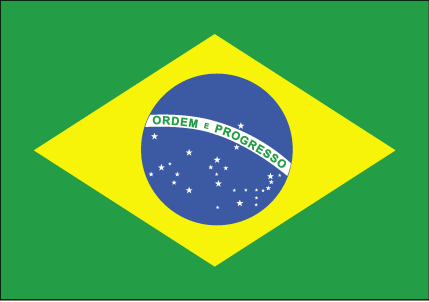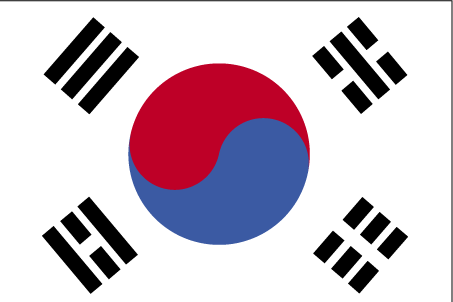Reiterating the details of UN resolution no. 60/180,
Recalling the principles and purposes of the UN charter,
1. Calls for the creation of anew sub-body within the already existing UN peacebuilding commission (PBC) which will be tasked with the timely endorsement of all clauses in this resolution, it will be made up with a collaboration of representatives from the UN Development programme, relevant member states as decided by the PBC, relevant bodies including necessary NGOs, the UNHCR, and UNICEF, and will be mandated to fulfill the following responsibilities:
a) Be responsible for the distribution of funding within this resolution, with it being provided by the world bank, paired with oversight and advice from bodies such as the ECOSOC committee to ensure effective use of resources, the committee should take specific care to ensure funding provided to member states is used properly and not exploited by corruption, by use of monitoring mechanisms within the previously mentioned organisations,
b) Convene annually in New York to discuss the effectiveness of implemented clauses of this resolution, at which areas for improvement will be properly addressed and planned out, the meeting should also take a focus on recognising addressing emerging challenges in relation to the topic of peace building,
c) The creation of a specialist report to the UN secretary general paired with availability for the public to access, after each one of these meetings, conducted by a special committee rapporteur, this report will detail progress on the issue to ensure a comprehensive approach,
d) The submission of a formal referral to the UNSC that will request the deployment of peacekeepers in post conflict states deemed to be at a particular risk of instability by the UNSC and UNPBC, these peacekeepers will be primarily responsible for the protection of civilians and the discouragement of tensions among conflicting groups or parties;
2. Requests that the PBC work to establish monthly gatherings local neutral locations between conflicting parties states deemed to be at a particular risk of instability, they will facilitate open and continuing dialogue and act in a mediator responsibility, to ensure that tensions do not start to rise again, this may include measures such as open mutual agreements of trust, the establishment of clear and mutually agreed peace treaties in areas in which this has not yet been achieved;
3. Encourages the expansion of Disarmament, Demobilisation and Reintegration (DDR) programs in order to provide support for former armed groups and combatants, as well as civilians, including displaced persons and survivors of violence, through methods including but not limited to:
a) The introduction of weapon buyback programmes, involving representatives from local authorities as well as the United Nations, with locations where members of the population can avail of this service in all cities and towns across post-conflict areas, such as implementing the construction of safe disposal zones for weapons, in conjunction with the United Nations Peacebuilding Commission or the use of appropriate technology in order to locate these weapons, such as satellites and drones,
b) The provision of alternative livelihood opportunities and community based support programmes to former combatants to help in re-integration to society, involving the establishment of education programmes, as well as vocational training and job creation schemes;
4. Encourages economic relief and development programmes to ensure greater investment into vital public services such as education, transport, healthcare, sewage, and other necessary infrastructure and to develop self sufficiency and functionality in post-conflict zones through all means necessary including but not to be limited to:
a) Debt relief programs such as forgiving a portion of the loans from the International Monetary Fund, lowering the interest rates, extending the period that the governments of post-conflict areas have to pay back the loans,
b) Increasing foreign investment from both UN organisations such as the UNDP, governmental organizations and private investment from NGOs and corporations, it will be ensured that these funds will be used correctly by giving these funds as aid that is linked to improvement in infrastructure and public services, and have these funds overseen but a joint committee made up over representatives of the UNODC and the IAACA,
d) The assistance of post conflict states, especially those affected by civil war, in developing functional, equal and fair governments with adherence to democratic principles and standards, via regular oversight from relevant organisations such as the UNDP,
e) That the International Association of Anti-Corruption Agencies partners with the UN Office on Drugs and Crime (UNODC) to oversee governmental spending in the early stages of post-conflict
rebuilding and the delivery of aid to post-conflict area to tackle the widespread issue of corruption;
5. Recommends the creation of a scheme (by UNICEF, NGOs, the UNHCR and the WHO) for the delivery of humanitarian aid that would ensure the Delivering both emergency aid to tackle the short-term effects of conflicts, such as such as clean water food, essential medical treatments and temporary shelters to these countries, it would also focus on ensure access to mental health professionals certified by the UN in order to assist mentally scarred civilians, these professionals would be trained by WHO, these volunteers would aid civilians through means such as but not limited to therapy and counselling sessions, diagnosing specific disorders caused by conflict such as Post Traumatic Stress Disorder (PTSD) and providing them with the correct medication for said disorders.







